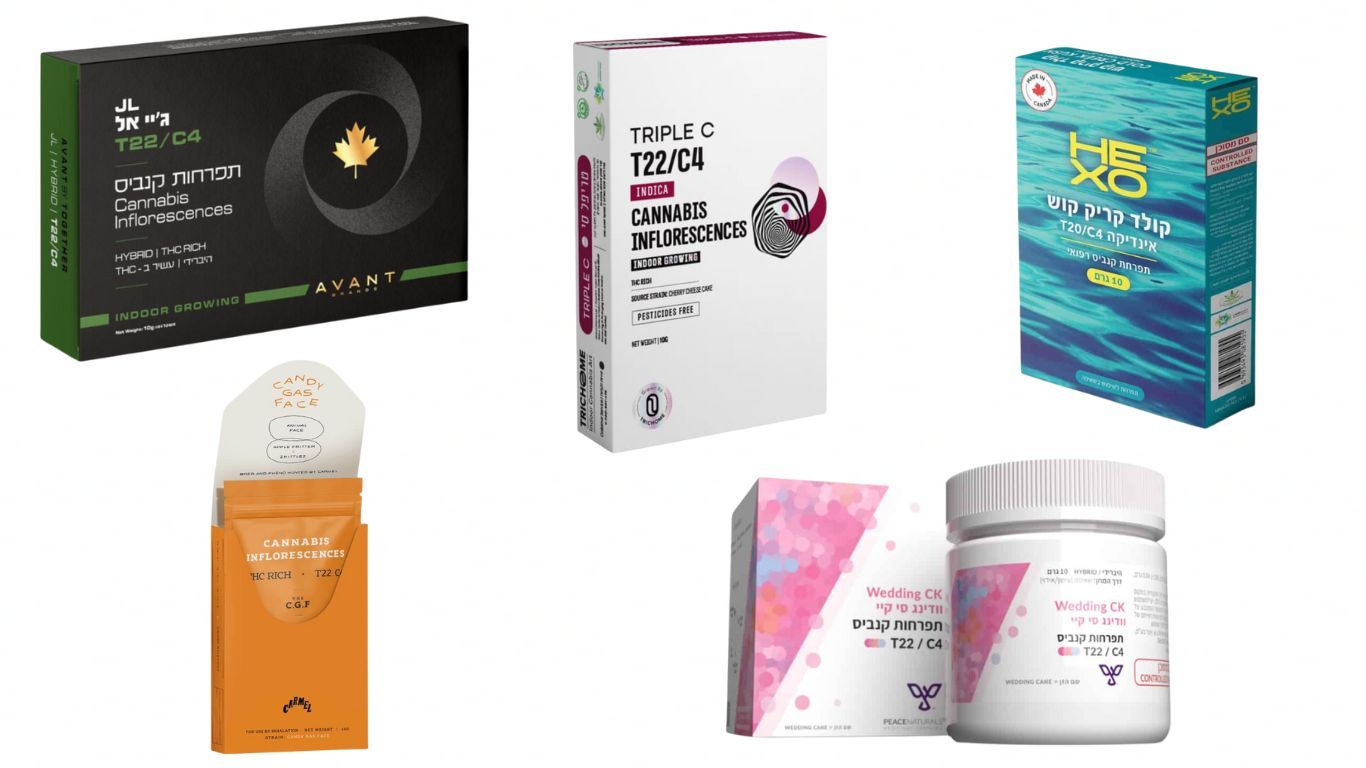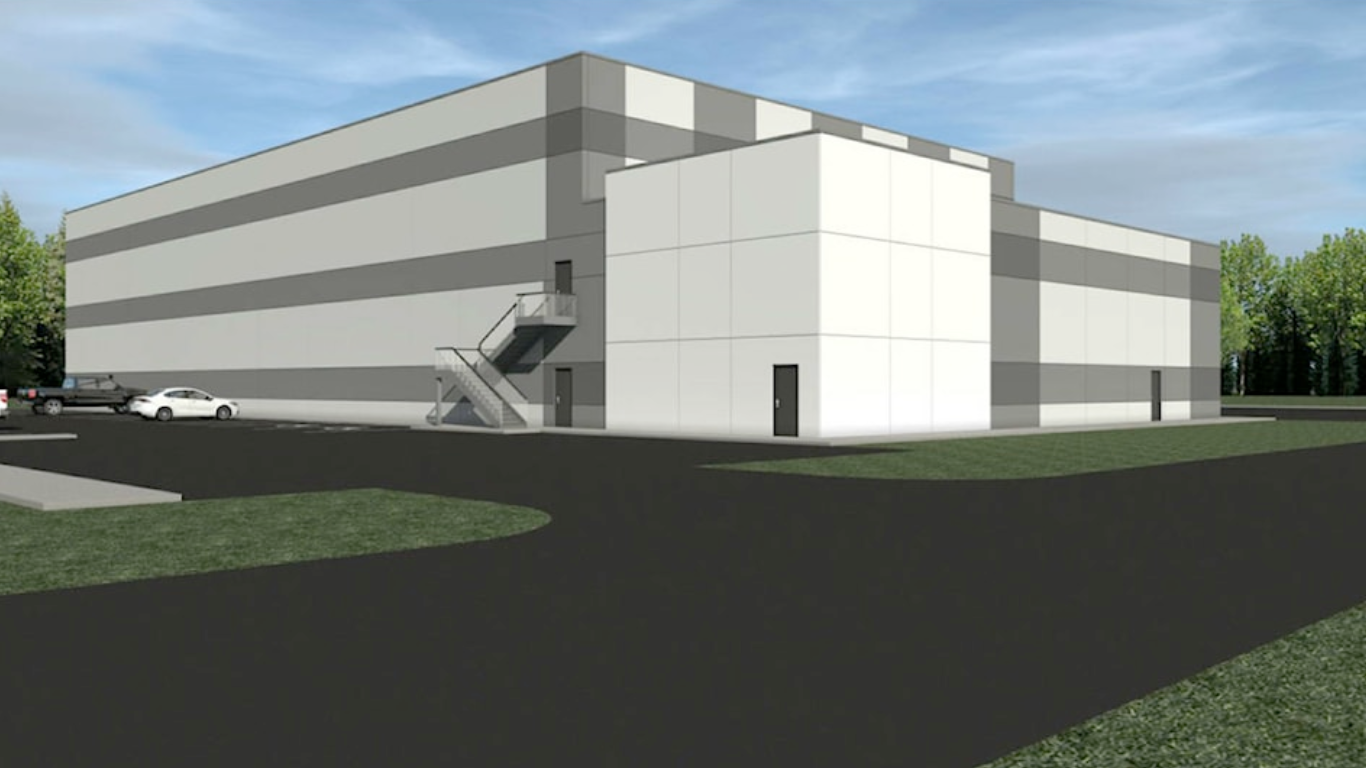
When a cannabis nursery sells to a cultivator, the transaction is often understood to be business-to-business (B2B), given that the final consumer is not involved. However, some provincial ministries of finance have determined that, in fact, the nurseries are selling retail, and are thus subject to provincial sales tax (PST).
“Currently we charge PST, even though this is a B2B sale,” says CR Gentry from Cotyleden, a cannabis nursery located in St Thomas, Ontario. “We have clients all across Canada, and adjust to reflect their rates. For international sales, we don’t charge tax—it’s up to them to figure that out on their end.”
Many nurseries and cultivators are philosophical about this apparent anomaly, but for others, this represents yet another unfair targeting of the cannabis industry.
“PST should not be charged on each transaction from nursery to micro,” says Terry Robinson, president of ShuCanna Growers, a micro cultivator and processor in Salmon Arm, BC. “The PST should be charged on the final product that came from the same plant cycle. The micros are being hammered with a couple of things, and paying PST multiple times on the same plant is one.”
The BC Finance Ministry’s Rulings and Interpretations Team has made it clear that nurseries are considered retail operations, stating that “for the purposes of PST, cannabis plantlets are treated the same as cannabis seedlings. Tax applies to cannabis seedlings that are planted to grow to maturity to be harvested.”
Kimberley Qvist is the owner of both the Life Cycle Botanics nursery and Covert Valley Cannabis micro in BC. From her perspective, the provincial Ministry of Finance misunderstands the industry.
“As a micro, I don’t feel we should have to pay the tax,” she says. “I feel that we should be exempt and allowed to use the tax exemption form. However, I’ve been told by the PST department that [these forms] are not valid. Meanwhile, on the nursery side, I have many emails from micro clients saying that they’re exempt.”
To add to the confusion, the BC Ministry of Finance acknowledges that a nursery is considered a federally authorized producer/wholesale cannabis vendor. However, for the purposes of BC PST, the Ministry insists that nursery sales are retail, because “customers are purchasing the cannabis plantlets for their use to grow cannabis they will resell,” and the “customers are not purchasing the cannabis plantlets to resell as cannabis plantlets to their customers.”
That rationale does not sit well with some nurseries and micros.
“The nursery we’ve been dealing with advised us that they need to start collecting PST,” says Brad Marta, of Living Cannabis, a micro cultivator in BC. “It doesn’t make sense to me, it’s a B2B transaction, which is eventually creating an end product for resale to the consumer. We are buying clones to produce a bulk product that is then wholesaled to the processor who then processes the end product for retail sale.”
From the BC Ministry of Finance’s perspective, the distinction appears to be between “harvesting” and “processing.”
“A cannabis seedling that is planted to grow to maturity is not being processed, fabricated or manufactured into other goods,” says the Ministry. “It is a plant that is growing to maturity that will be harvested. Harvesting is not processing, fabrication or manufacturing. As such, this exemption does not apply to the sale of cannabis plantlets or cannabis seedlings.”
According to this logic, cannabis plantlets are treated the same as cannabis seedlings, and a nursery is required to charge PST on the sale of any plantlets, unless another exemption applies.
A lack of clarity
Qvist also has an issue with the province’s PST bulletins, which insist that wholesalers are not to apply for PST, and that the 7% PST should only be applied to retail sales.
“The bulletins also only refer to seedlings, which is another reason they’re unclear,” she says. “Clones are vegetative plants. When grown to maturity, this is actually exactly what the cannabis clone does.”
Qvist has called the PST line numerous times and was told her company did not need a PST account, as they were a wholesaler selling to other wholesalers, not to retail.
“In my opinion, neither a nursery nor a micro should be considered retail,” says Qvist. “As it stands, there seems to be some confusion within the ministry itself.”
Qvist says that in some instances, such as the sale of a mother plant from a nursery, charging PST might make sense, given that the plant is continually in use. It stays in one place, with clones removed – almost like harvesting a fruit.
However, for the typical nursery to micro sale, the end consumer is not involved, which makes it hard to see how it would be considered retail.
“I have had retail stores in a different industry for many years, and whenever a product is destined for retail, the PST is collected then, not throughout the cycle of the same product,” says Robinson from ShuCanna Growers. “Between the CRA tax, the excise tax, GST and PST, the only one making money is the government.”
Added to this is the ongoing issue of whether or not cannabis cultivators are farmers—and how that affects a tax profile. “As cannabis cultivators, we’re the farmers,” says Marta from Living Cannabis. “And like all the other farmers, it seems like we’re getting squeezed for every tax dollar possible, whether it’s federally or provincially. Our margins are getting smaller and smaller, so with the PST on the plants, every little dollar would help us out.”











